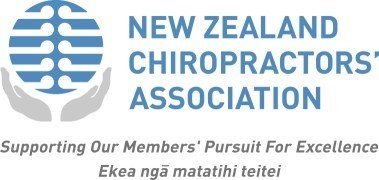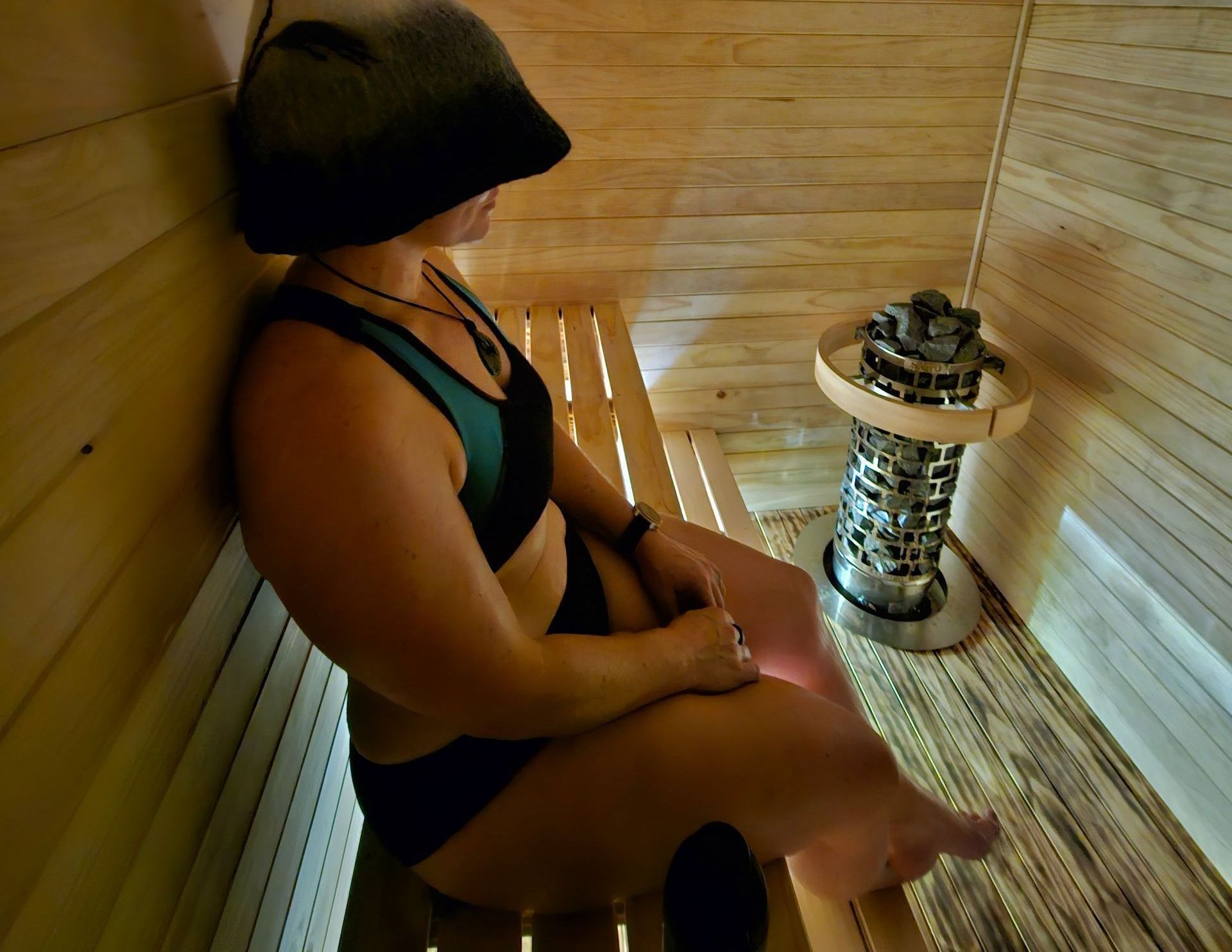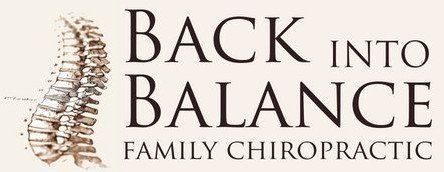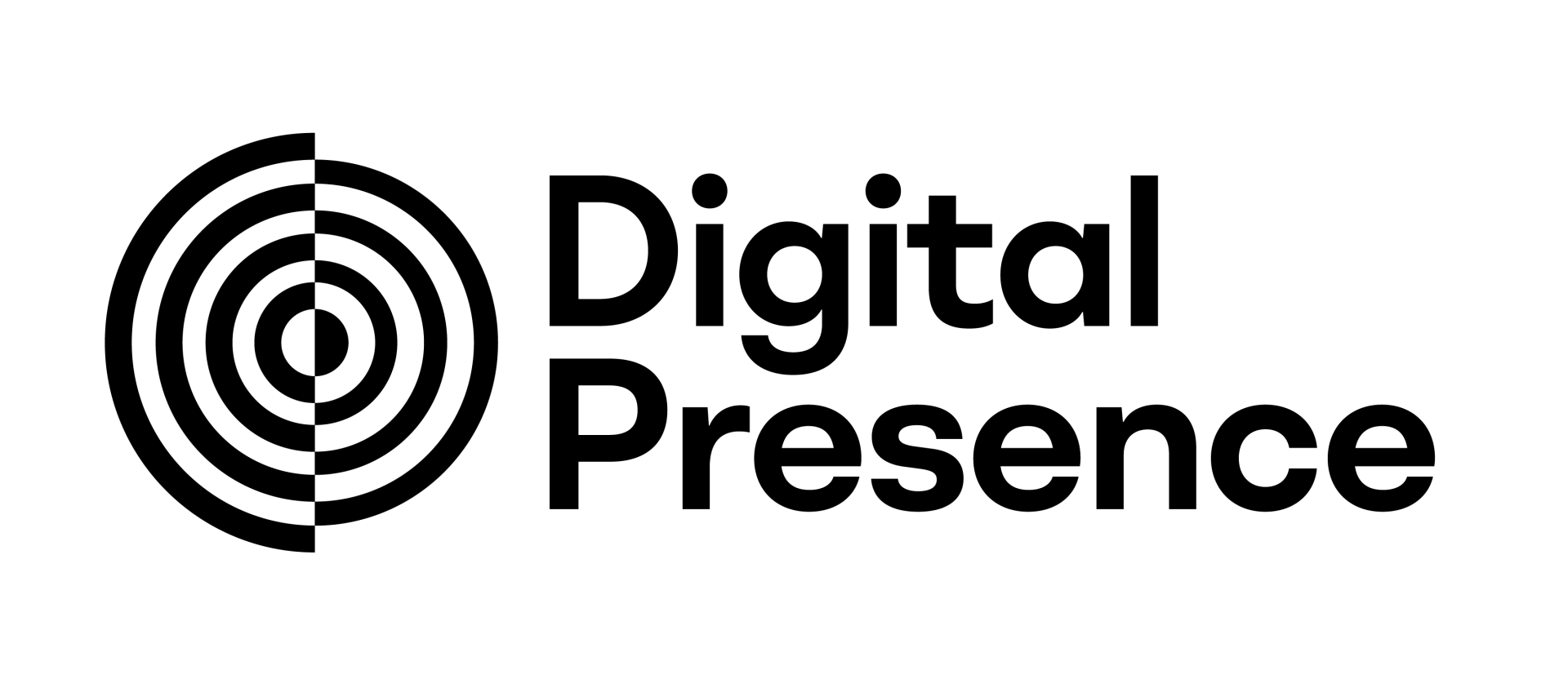Christmas 2018
- By Jonathan Roughan
- •
- 27 Nov, 2018

Just keeping you in the loop.
For those of you who are not aware we will be closing from midday on Saturday the 22nd of December and we will be back from 9am on Tuesday the 16th of January. We still have some Chiropractic appointments available in December should you need one.
For anyone who may need supplements over the break, please check your stocks and if possible let us know by early December what you will need for the Christmas break. We would appreciate orders by Friday the 7th of December. As this will mean we have sufficient time to order additional stock if needed before Christmas.
For those who have appointments in our last couple of weeks and plan to pick up supplements at your consult, we would still appreciate knowing what you will need and to have it organised for you as it will help with knowing what stock is needed for our last orders of the year.
We hope you all have a safe and restful holiday period and we look forward to seeing you in the New Year.
Many Thanks,
Brooke and Jonathan

The New Zealand Chiropractors' Association (NZCA) says that a groundbreaking clinical trial demonstrates the significant benefits of chiropractic care on mental health and overall quality of life. This study, published in Brain Sciences , explores the profound neurophysiological changes that occur following chiropractic care and underscores its potential to improve mental well-being.
Dr. Jenna Duehr, chiropractor, spokesperson for the NZCA, emphasises the importance of the findings: ‘This is an important clinical trial looking at numerous outcomes following four weeks of chiropractic care. It particularly highlights the potential benefits to mental health, which is the first study to demonstrate these improvements following chiropractic care in a clinical trial.’
The study, titled Neuroplastic Responses to Chiropractic Care: Broad Impacts on Pain, Mood, Sleep, and Quality of Life , involved 76 participants with chronic low back pain. The trial was carried out under the auspices of King’s College London and the New Zealand College Chiropractic Research Committee and compared chiropractic care to usual care and measured outcomes across various parameters, including brain activity, sleep quality, pain levels, and patient-reported mental health outcomes.
Key Findings of the Study
- Enhanced Mental Health
- Participants receiving chiropractic care experienced significant improvements in anxiety, depression, and fatigue. These benefits were not only statistically significant but also clinically meaningful, enhancing their overall quality of life.
- Improved Sleep and Reduced Pain
- The chiropractic group reported better sleep quality, particularly in the light sleep stage, which is essential for physical and mental recovery. Additionally, participants experienced reduced pain intensity and interference, further supporting their mental health and well-being.
- Neuroplastic Changes in the Brain
- Advanced neurophysiological assessments, including EEG (electroencephalogram), revealed notable changes in brain activity. Specifically, chiropractic care altered activity in the brain’s Default Mode Network (DMN), a key region associated with emotional regulation, self-perception, and chronic pain.
- Holistic Improvements in Quality of Life
- Using the PROMIS-29 health assessment tool, researchers found that participants receiving chiropractic care reported better mood, less fatigue, and improved mobility. These enhancements contributed to a more positive sense of self and an improved ability to manage daily challenges.
Chiropractic Care: A Natural Solution for Mental Health Challenges
The results of this study resonate strongly in today’s world, where mental health challenges are becoming increasingly prevalent. The NZCA highlights the unique ability of chiropractic care to alter brain function and help patients feel better emotionally and physically without reliance on medications or invasive procedures.
‘This study reinforces what many chiropractors have observed in practice,’ Dr. Duehr says. ‘Chiropractic care is not just about addressing pain or improving mobility; it has far-reaching impacts on brain function and overall well-being.’
Bridging the Gap Between Chronic Pain and Mental Health
The research also sheds light on the interconnectedness of chronic pain and mental health issues. With millions of people worldwide suffering from chronic pain, the study highlights how chiropractic care can break the cycle of pain, anxiety, and depression by improving the way the brain processes sensory information.
Encouraging Kiwis to Prioritise Their Health
The NZCA encourages New Zealanders to consider chiropractic care as part of a holistic approach to improving their health and well-being. Whether you’re dealing with chronic pain, mental health concerns, or simply want to improve your quality of life, chiropractic care could offer a natural and effective solution.
For more information about chiropractic care and to find a chiropractor near you, visit the New Zealand Chiropractors' Association website at www.chiropractic.org.nz.
Finding a Registered Chiropractor
The NZCA advises Kiwis to ensure they consult only registered and accredited chiropractors who are members of the NZCA. This guarantees high-quality care from professionals who meet rigorous standards of practice.
To find a certified chiropractor in your area, visit the NZCA website at https://nzchiropractors.org/find/
About the New Zealand Chiropractors Association
The New Zealand Chiropractors Association (NZCA) is dedicated to promoting the highest standards of chiropractic care throughout the country. With a focus on holistic, patient-centred care, the NZCA aims to raise public awareness of the benefits of chiropractic treatment and support the health and wellness of all New Zealanders.


The New Zealand Chiropractors' Association (NZCA) is urging people suffering from back pain to consider chiropractic care as an effective alternative to surgery and opioid painkillers. Current research and expert recommendations highlight the potential risks and limited efficacy of these traditional treatments, while emphasising the benefits of non-invasive chiropractic interventions.
NZCA spokesperson, Dr Jenna Duehr, chiropractor explains: ‘At a time when the New Zealand health service is struggling to cope, the country is wasting billions of dollars on surgical and pharmacological treatments for chronic primary low back pain (LBP) when evidence-informed recommendations on non-surgical interventions clearly supports the use of chiropractic techniques.’
According to ACC in New Zealand during 2009–2020, there were 3.3 million ACC claims for LBP with a total cost of NZ$4 billion.
Dr Jenna Duehr adds: ‘Back pain is one of the most common health issues, affecting millions of people worldwide. It can significantly impact daily activities and quality of life. Traditionally, surgery and opioid painkillers have been prescribed to manage severe back pain, but recent evidence suggests these approaches may not be the best solutions.’
The Risks of Surgery and Opioid Painkillers
- Surgery : Australian Orthopaedic surgeon Professor Ian Harris highlighted the over-reliance on surgery in a presentation at the New Zealand Pain Society (NZPS) conference in March 2024. He pointed out that surgery is often ineffective for treating chronic pain, particularly in the neck, back, knees, and hips. Harris emphasised that surgeries like spinal fusions are expensive, potentially harmful, and often no more effective than placebo procedures (NZPS Conference, 2024).
- Opioid Painkillers : The opioid crisis has brought to light the dangers of relying on these medications for pain management. The Centers for Disease Control and Prevention (CDC) highlights that opioid painkillers carry a high risk of addiction and overdose. Long-term use can lead to dependency, tolerance, and a range of adverse health effects, making them a less desirable option for chronic back pain management (CDC, 2021).
The OPAL trial, published in The Lancet , late last year, found no significant difference in pain severity between opioid and placebo groups for acute low back and neck pain. This study underlines that opioids should not be recommended for these conditions due to their ineffectiveness and potential adverse effects (Lancet, 2023).
Chiropractic: Effective Alternative
Chiropractic care, particularly spinal adjustments, has gained recognition for its efficacy in treating back pain without the associated risks of surgery and opioids. Key benefits include:
- Non-Invasive Treatment : Chiropractic care involves hands-on spinal adjustments and other techniques to address joint mobility and function and improve the communication between the brain and the body via the nervous system. This non-invasive approach avoids the risks associated with surgical procedures.
- Pain Relief and Functional Improvement : A systematic review published in the Journal of the American Medical Association (JAMA) found that spinal manipulation is associated with moderate improvements in pain and function in patients with acute lower back pain (JAMA, 2017). Chiropractic adjustments can change the brain’s awareness of the body, reduce inflammation, improve mobility and function and may reduce the risk of further injury..
- Reduced Reliance on Medications : Chiropractic care focuses on addressing the root cause of pain rather than masking symptoms with medications. This holistic approach can reduce the need for opioid painkillers and minimize the risk of addiction and side effects.
- Cost-Effective Care : According to a study in the Journal of Manipulative and Physiological Therapeutics , patients receiving chiropractic care for back pain incurred lower overall healthcare costs compared to those receiving conventional medical treatment, including surgery and medication (JMPT, 2016).
Dr Jenna Duehr adds: ‘The evidence is clear that chiropractors can play an important role in evidence-informed, people-centred, interprofessional and collaborative care for spinal and nervous system health. As New Zealand grapples with developing a health service fit for the 21st century we need to focus on the vital role of allied health professionals in keeping people out of the hospitals and enjoying a healthy and active life.’
References:
● Centers for Disease Control and Prevention (CDC). (2021). "Opioid Overdose Crisis." [CDC Website]
● Journal of the American Medical Association (JAMA). (2017). "Spinal Manipulative Therapy for Acute Low Back Pain: A Systematic Review and Meta-analysis." [Journal Reference]
● Journal of Manipulative and Physiological Therapeutics (JMPT). (2016). "Cost of Care for Patients with Back Pain from Chiropractic vs. Medical Treatment." [Journal Reference]
● New Zealand Pain Society (NZPS) Conference. (2024). "Presentation by Professor Ian Harris." [Conference Reference]
● The Lancet. (2023). "Opioid Analgesia for Acute Low Back Pain and Neck Pain (the OPAL Trial): A Randomised Placebo-Controlled Trial." [Journal Reference]
● American College of Physicians (ACP). (2017). "Noninvasive Treatments for Acute, Subacute, and Chronic Low Back Pain: A Clinical Practice Guideline." [ACP Website]
● World Health Organization (WHO). (2023). "WHO guideline for non-surgical management of chronic primary low back pain in adults in primary and community care settings " [WHO Website]

We also caught up with an old collegue and had a chance to discuss exciting neurological research done by NZ Chiropractor and Neurophysiologist Dr. Heidi Haavik who is making a splash around the world.


|

As described in a 2018 research review, regular infrared and/or Finnish sauna bathing has the potential to provide many beneficial health effects, especially for those with cardiovascular-related and rheumatological disease, as well as athletes seeking improved exercise performance. The mechanisms for these effects may include increased bioavailability of NO (nitric oxide) to vascular endothelium, heat shock protein-mediated metabolic activation, immune and hormonal pathway alterations, enhanced excretions of toxicants through increased sweating, and other hormetic stress responses.
In addition to the above physiological gains, the electronics/screen-free time either alone or with family or friends is precious enough. We highly recommend having some sauna time and treating yourself!
https://www.ncbi.nlm.nih.gov/pmc/articles/PMC5941775/#:~:text=Facilities%20offering%20sauna%20bathin....

The New Zealand Chiropractors’ Association (NZCA) has developed a new public website (chiropracticnz.org) to provide up to date information on the research supporting the role of one of the world’s fastest growing healthcare sectors [1].
In 2019 the NZCA, the country’s peak body for chiropractors commissioned research amongst the general population and health professionals to better understand how chiropractic care is perceived.
NZCA spokesperson Dr Jenna Duehr, chiropractor explains: `The survey found that overall chiropractors are seen by the general public as being professional and knowledgeable. Chiropractors are regarded as being effective for back pain and there is awareness that chiropractic is partly funded by ACC. But over two thirds of New Zealanders surveyed said they were unfamiliar with chiropractic care citing perceptions of high cost, lack of scientific evidence, and safety barriers to visiting a chiropractor. Since then we’ve worked very hard to present the growing body of evidence supporting the role of chiropractic in a way that is entertaining and easily accessible to New Zealanders.’
The growing body of evidence includes the 2021 Nobel prize in Medicine or Physiology given to researchers for work which sheds new light on how hands on therapy, such as chiropractic, improves pain and other conditions by converting physical sensations into electrical messages in the nervous system [2].
Dr Jenna Duehr, chiropractor explains: `US researchers Professor David Julius and Professor Ardem Patapoutian have shown how our bodies convert physical sensations into electrical messages in the nervous system. They have identified the different type of receptors that are activated in response to mechanical force or touch. These touch and temperature sensors have since been shown to have a wide role in the body and in some diseases, such as chronic pain, how our body regulates its core temperature and multiple roles from urinating to blood pressure.’
According to the NZCA, a plethora of new research findings are reinforcing the importance of exercise and spinal function in protecting health longer term. A paper in the PNAS (Proceedings of the National Academy of Sciences of the USA) warns that a growing worldwide epidemic of physical inactivity is accelerating the prevalence of noncommunicable diseases among aging populations [3] and finds that `extended human health spans and lifespans are both a cause and an effect of habitual physical activity, helping explain why the lack of lifelong physical activity in humans can increase disease risk and reduce longevity’.
The NZCA survey found that seven in ten New Zealand health professionals who had recommended chiropractic care in the previous year would consider referring in the future.
The survey showed that key factors in the appreciation of chiropractic include
• Good previous results
• Knowledgeable, highly trained practitioners
• Holistic approach
• Understands the whole body
• Back is responsible for other issues
• Pain management
• An alternative approach
• For complementary care
Amid the COVID-19 crisis, the global market for Chiropractic Care estimated at US$36.9 Billion in the year 2020, is projected to reach a revised size of US$52 Billion by 2027. Led by countries such as Australia, New Zealand, India, and South Korea, the market in Asia-Pacific is forecast to reach US$6.8 Billion by the year 2027.
Chiropractors are regulated primary health care professionals registered under the HPCA Act with close to 700 annual practicing certificate holders working in solo, group, and multidisciplinary clinics around New Zealand. New Zealand chiropractors have significant training (a minimum 5-year tertiary degree) and a highly skilled scope of practice and clinical expertise.
New Zealand’s chiropractors are taking the lead to inform and inspire people to improve their health and prevent pain and disability by educating the public to have a greater understanding of the relationship between their spine and nervous system and how this affects their function and overall well-being.

Working from home during the pandemic has generated an upsurge in compromised spines, warns the New Zealand Chiropractors’ Association (NZCA), the country’s peak body for chiropractors. The NZCA says the increasing problems were made worse by restricted access to chiropractic care caused by the unnecessary extension of Covid-19 mandates for private health professionals.
Marking World Spine Day, held on 16th October each year, the NZCA says it is vital to raise awareness of the permeative and diverse nature of spinal pain and disability as part of the global burden of disease and address the need for access to evidence-based spinal healthcare and rehabilitation. The theme of this year’s World Spine Day is ‘Every Spine Counts.’
NZCA members are reporting a particular rise in spinal problems, especially among young New Zealanders, which is borne out by British research [1] which shows that two-thirds of people aged 18 to 29 suffered new episodes of back pain during the pandemic brought on by enforced remote working.
According to NZCA spokesperson Dr Jenna Duehr, chiropractor: `We are seeing similar problems to the UK post pandemic. Around a third of people have problems with the lower back, which is often caused by poor posture.’
Dr Duehr points out that office furniture is often designed to help people with their posture and reduce pressure on the lower part of the spine. But she notes: `This survey reports that one in five young adults work from bed when at home, one in six sit on the sofa and around one in 100 do so from the floor. We know that many people don’t have access to a table at the right height and a properly supportive chair at home. They are compromising their spines by forcing them to endure really bad posture and this is storing up trouble for their future spinal health.’
The scrapping of Covid-19 restrictions has meant that many people now work partly from home in a hybrid, which was unusual before the pandemic, but is now part of the work-life balance.
Dr Duehr adds: `The prolonged enforcement of mandates for chiropractors also means that we have a backlog of cases and our members are still working their way through those. Every spine does count and good spinal health has been shown to reduce stress and boost energy so we can live our lives to the full, without pains and aches holding us back.'
The Straighten Up NZ site https://www.straightenup.org.nz/ has a range of exercises, which can be done at home. Dr Duehr also recommends boosting vitamin D levels by getting outside, supporting the immune system with quality vitamin C and zinc supplements, maintaining good hydration, staying positive and by exercising so that the heart rate is raised and endorphins are generated.
World Spine Day is the largest interprofessional global public health event dedicated to promoting spinal health and well-being and occurs during Global Chiropractic Health Month. It also celebrates the work of chiropractors, who adopt evidence-based, people-centered, interprofessional and collaborative approaches to healthcare that optimise health and well-being globally.
Chiropractors are regulated primary health care professionals registered under the HPCA Act with close to 700 annual practicing certificate holders working in solo, group, and multidisciplinary clinics around New Zealand. New Zealand chiropractors have significant training (a minimum 5-year tertiary degree) and a broad yet highly skilled scope of practice and clinical expertise.
New Zealand’s chiropractors are taking the lead to inform and inspire people to improve their health and prevent pain and disability by educating the public to have a greater understanding of the relationship between their spine and nervous system and how this affects their function and overall well-being.


